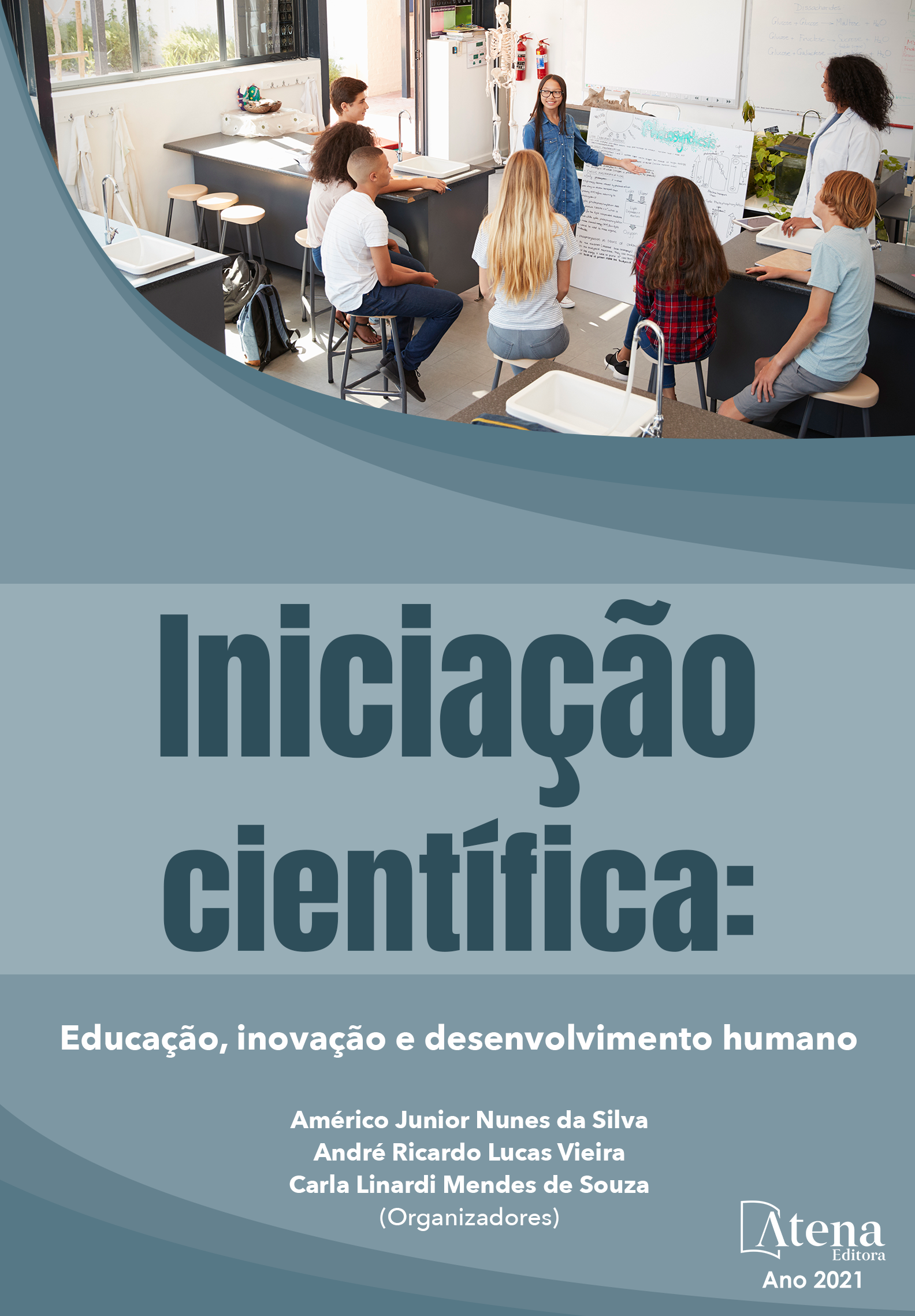
CONTINUIDADE ENTRE ETAPAS EDUCATIVAS: ESTRATÉGIAS DE TRANSIÇÃO ENTRE O JARDIM DE INFÂNCIA E A ESCOLARIDADE OBRIGATÓRIA
Esta investigação procurou compreender alguns fenómenos complexos e dinâmicos como são a transição, articulação e continuidade educativa entre a Educação Pré-Escolar e o 1.º Ciclo do Ensino Básico, assim como as aprendizagens e competências a realizar pelas crianças, na passagem entre estas etapas educativas. Assim, e recorrendo a um estudo de caso, com uma componente de investigação longitudinal, analisámos discursos, práticas e documentos de um agrupamento do centro litoral de Portugal com o intuito de compreender como se realiza a transição do JI para o 1.º CEB. As estratégias de articulação nem sempre são orientadas para uma transição eficaz e para uma continuidade educativa de qualidade. As crianças vivem esta passagem com menos ansiedade do que pais, educadores e professores, no entanto as diferentes abordagens dos docentes podem influenciar significativamente esta passagem entre etapas educativas.
CONTINUIDADE ENTRE ETAPAS EDUCATIVAS: ESTRATÉGIAS DE TRANSIÇÃO ENTRE O JARDIM DE INFÂNCIA E A ESCOLARIDADE OBRIGATÓRIA
-
DOI: 10.22533/at.ed.41921300813
-
Palavras-chave: Articulação, Continuidade Educativa, 1.º Ciclo Ensino Básico, Educação Pré-Escolar, Transição.
-
Keywords: Articulation, Educational Continuity, Elementary School Education, Pre-school Education, Transition.
-
Abstract:
This investigation intends to understand some complex and dynamic phenomena as are the transition, articulation and educational continuity between the Pre-School Education and the Elementary education, as well as the learning and skills to be achieved by children in the passage between these educational stages. Thus, using a case study with a longitudinal research component, we analyzed speeches, practices and documents of a group in the central coast of Portugal in order to understand how the transition from Pre-School to Elementary school is made. The articulation strategies are not always oriented towards an effective transition and to a continuous an educational quality. Children live this passage with less anxiety than parents, educators and teachers, but the different approaches of teachers can significantly influence the passage between educational stages.
-
Número de páginas: 15
- Luís Miguel Gonçalves de Oliveira


